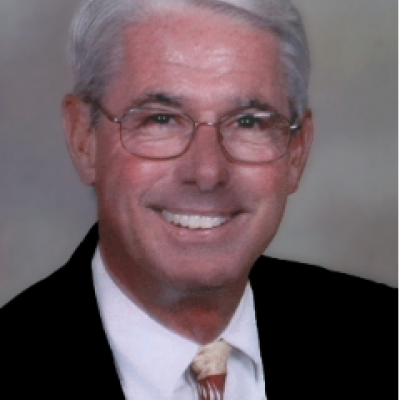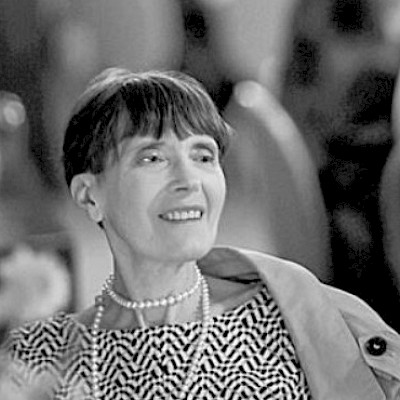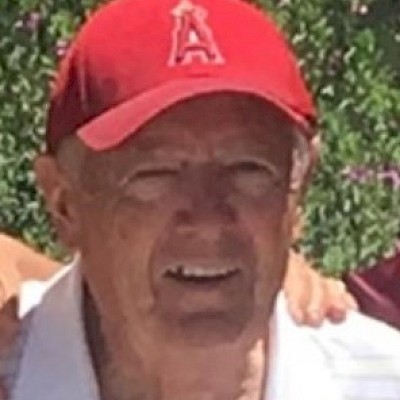
Sharon Adele Friedman
Sharon Adele Friedman, 80, passed away peacefully on January 14, 2025, in Woodland Hills, California, surrounded by her beloved family. Born on March 25, 1944, in Toronto, Canada, Sharon moved to Hollywood, California, with her mother, Fay, and brother, Mel, at the age of five. She grew up in Southern California and attended Los Angeles High School.
In 1963, Sharon met the love of her life, Neil, on a blind date, leading to their marriage in 1965. Together, they built a beautiful life and raised two children, Susan and Adam. Sharon was a devoted wife, a loving mother, and the proud grandmother of Lucas, Julian, and Liam.
Sharon had a zest for life and a passion for cooking, traveling, entertaining, and giving back to her community. Her adventurous spirit took her around the world, where she immersed herself in diverse cultures and cuisines. A talented artist, Sharon’s work is part of the permanent collection at The Skirball Cultural Center and is cherished in homes across the country.
Judaism was central to Sharon’s life, and her greatest mission was to pass on Jewish values to her family. Her warmth, generosity, and commitment to her faith were guiding lights for those who knew her.
Sharon is survived by her husband of nearly 60 years, Neil; her children, Susan (Mike) Willard and Adam (Karen) Friedman; and her adored grandchildren, Julian, Liam, and Lucas. She leaves behind a legacy of love, family, creativity, and unwavering kindness that will continue to inspire all who were blessed to know her.
Sharon’s memory will forever be a blessing to her family, friends, and all lives she touched.
•
Remembering Sharon Adele Friedman
Use the form below to make your memorial contribution. PRO will send a handwritten card to the family with your tribute or message included. The information you provide enables us to apply your remembrance gift exactly as you wish.









